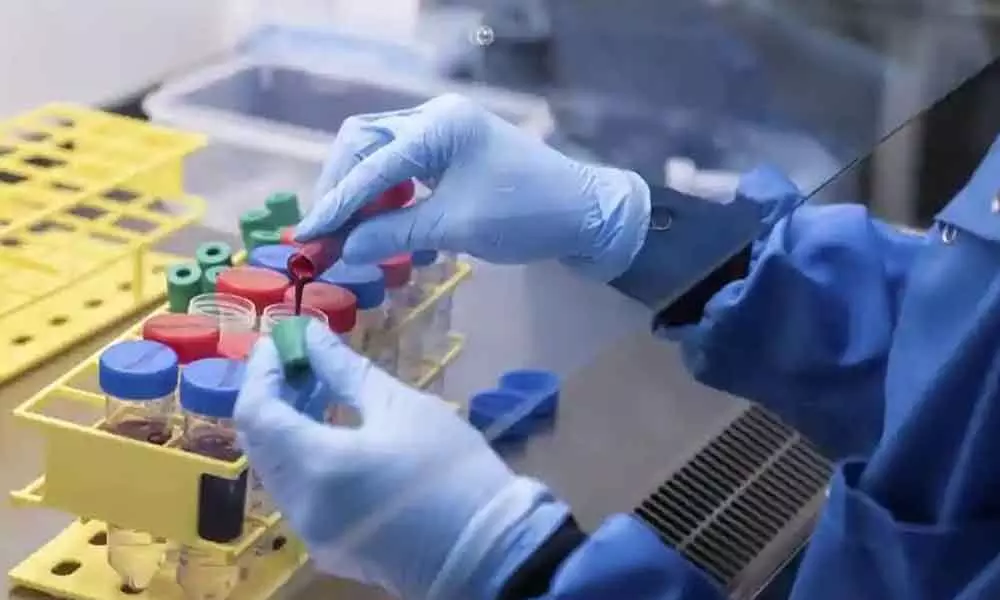Phase II trial finds Chinese Covid vaccine safe

Phase II trial finds Chinese Covid vaccine safe
A phase II clinical trial of a Covid-19 vaccine candidate, conducted in China, has found that it is safe and induces an immune response, says a study published in The Lancet
Beijing: A phase II clinical trial of a Covid-19 vaccine candidate, conducted in China, has found that it is safe and induces an immune response, says a study published in The Lancet.
Scientists, including those from the Chinese Center for Disease Control and Prevention, said the trial sought to evaluate the safety and immunogenicity of the vaccine candidate.
They said the results provide data from a wider group of participants than their earlier phase I trial, including a small sub-group of participants aged over 55 years and older.
However, the researchers cautioned that no participants in the current trial were exposed to the novel coronavirus, SARS-CoV-2, after vaccination. So they said it is not possible for the current study to determine whether the vaccine candidate effectively protects against SARS-CoV-2 infection.
In the trial, the researchers used a weakened human common cold virus (adenovirus, which infects human cells readily but is incapable of causing disease) to deliver the genetic material which codes for the novel coronavirus spike protein into the cells.
The scientists said these cells then produced the coronavirus spike protein, and travel to the body's lymph nodes where the immune system creates antibodies.
They said these antibodies then recognise the spike protein and fight off the coronavirus.
"The Beijing approach is based on the backbone of a conventional human, common-cold virus to which some people have pre-existing antibodies and they therefore make a lower response in some people to the vaccine because people have pre-existing antibodies to their vector, so may clear it before it has a chance to work properly," explained Danny Altmann, Professor of Immunology at Imperial College London in the UK, who is unrelated to the research team. According to the scientists, 508 participants took part in the trial of the new vaccine candidate.
Of these, they said 253 people received a high dose of the vaccine, 129 received a low dose, and 126 received a dummy treatment, a placebo. The study noted that about two thirds of the participants were 18-44 years old, a quarter were aged 45-54 years, and 13 per cent were 55 years or older.
The participants were monitored for immediate adverse reactions for 30 minutes after injection and were followed for any injection-site reactions within 14- and 28-days post-vaccination, the study noted.
It said serious adverse events reported by participants during the whole study period were also documented, and blood samples were taken from them immediately before treatment, and 14- and 28-days post-vaccination to measure antibody responses.
The findings revealed that 95 per cent (241/253) of the participants in the high dose group, and 91 per cent (118/129) of those in the low dose group showed either T cell or antibody immune responses at day 28 post-vaccination.
According to the researchers, the vaccine induced a neutralising antibody response in 59 per cent (148/253) and 47 per cent (61/129) of the participants, and binding antibody response in 96 per cent (244/253) and 97 per cent (125/129) of participants, in the high and low dose groups, respectively, by day 28.
The study noted that the proportion of participants who had any adverse reactions like fever, fatigue and injection-site pain were significantly higher in vaccine recipients, than those who were given the placebo.










